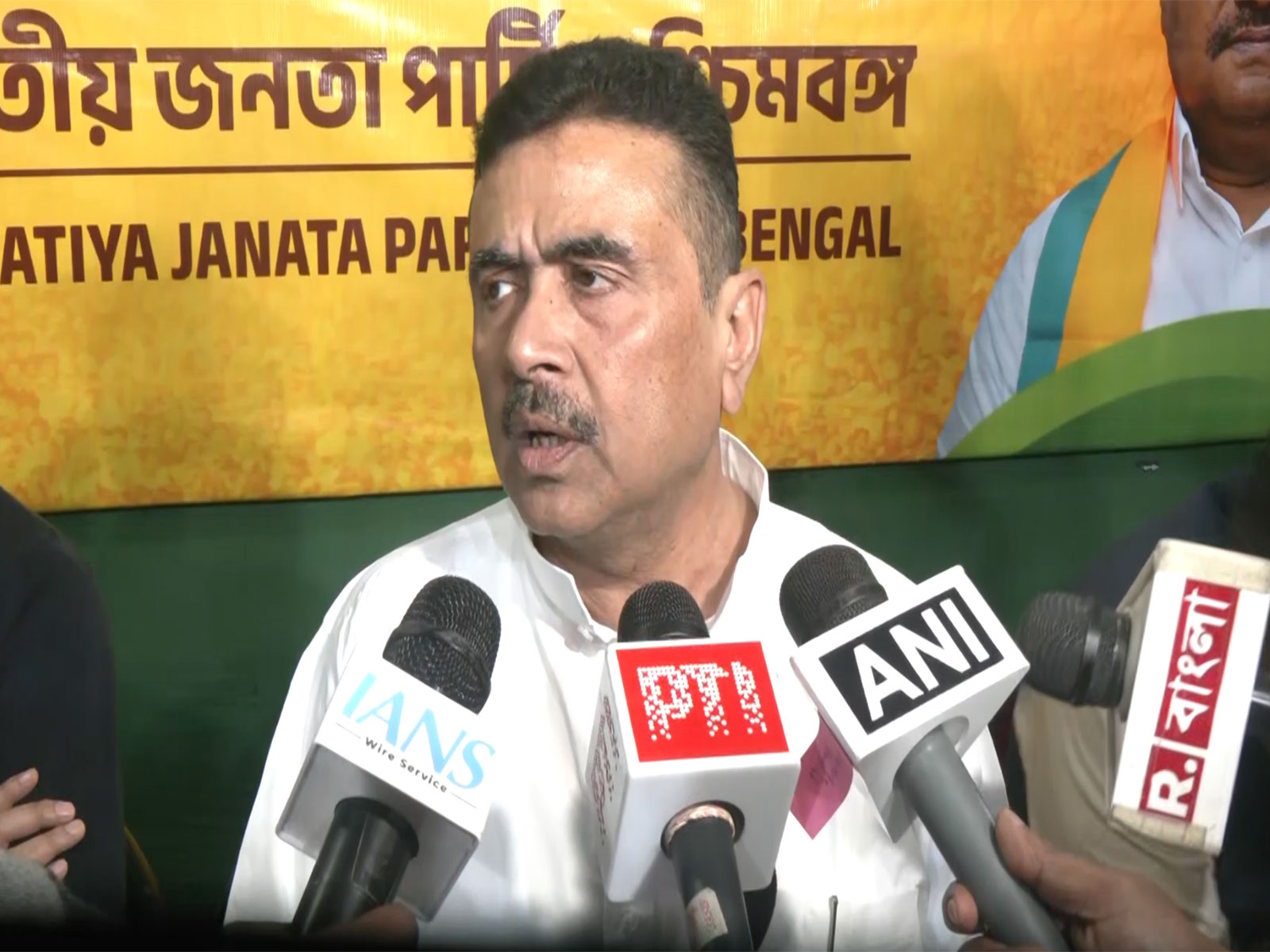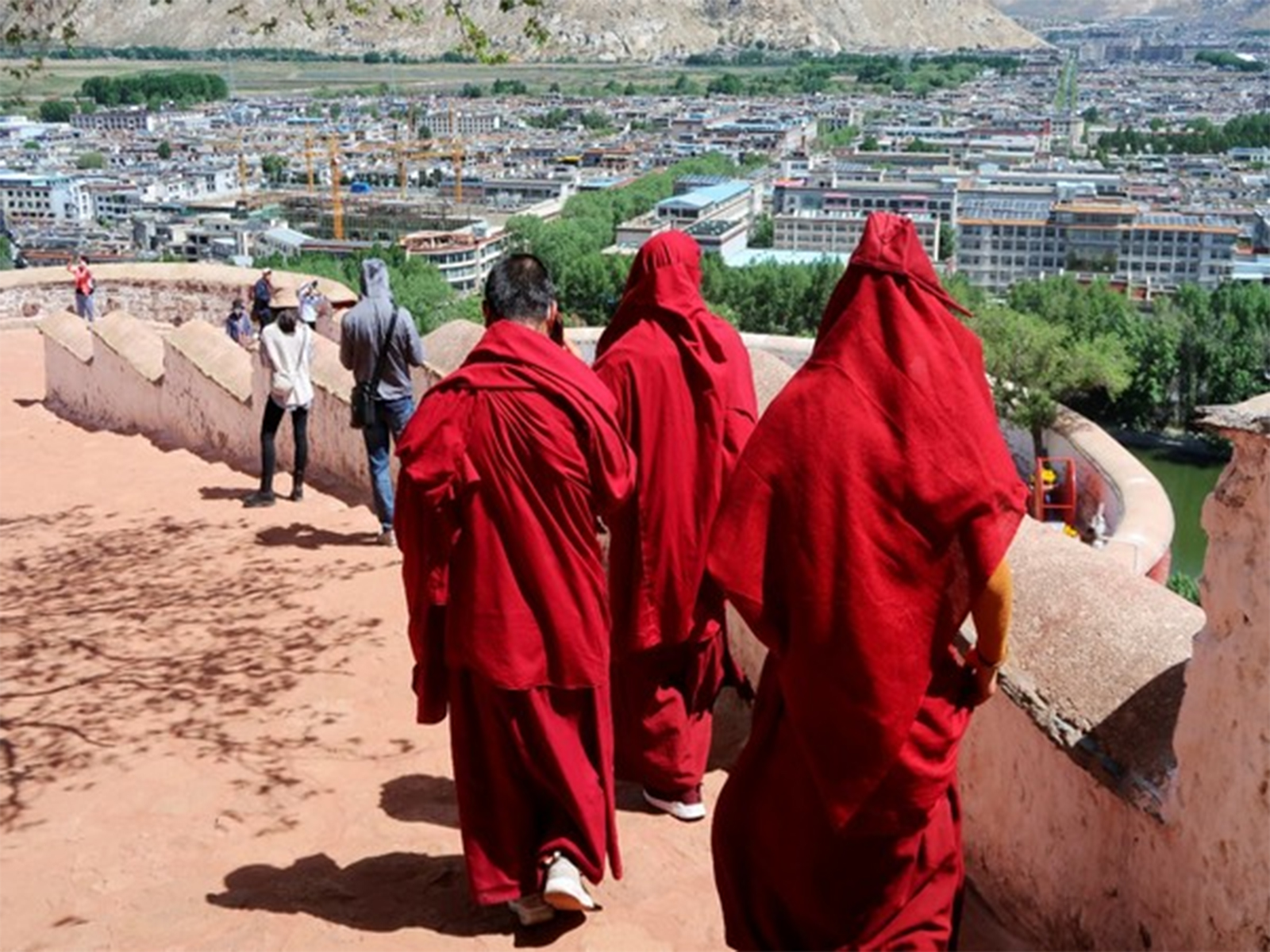Delhi HC stays order of digging up of grave to extract DNA
Mar 01, 2023

New Delhi [India], March 1 : The Delhi High court has recently stayed the order passed by the Motor Accident Claim Tribunal (MACT) directing Delhi police to dig up a grave of a person to extract the DNA from the mortal remains. The stay has been granted on a petition filed by the legal heirs of the deceased against the order of the Tribunal.
Justice Rekha Palli stayed in the order and issued notice to all respondents. The court asked them to file an affidavit in four weeks. The petitioner has to file their rejoinder in three weeks thereafter.
The matter is listed on May 19, 2023. The operation of the order of the tribunal shall remain stay till the next date of hearing.
The counsel for the petitioners submitted that one of the reasons for issuing such directions is that in the opinion of the Tribunal, the petitioners were greedy persons who were trying to seek compensation on account of the death of Sujaat Ali, even though they were neither related to him nor was the deceased infact Sujaat Ali.
He also submitted that this presumption was wholly incorrect. Even otherwise, once the Investigating Officer had been directed to conduct further investigation, the report whereof was still awaited, no such directions which would amount to affronting the dignity of a dead person could have been passed by the learned Tribunal.
However, the counsel for the state submitted that the report in terms of the directions issued by the Tribunal on December 1, 2022, for further investigation will be submitted to the learned
Tribunal within two weeks.
The counsel for another respondent contended that once there was some doubt about the identity of the deceased, the Tribunal was justified in issuing directions for conducting his DNA test.
The Tribunal has, after taking into account the Detailed Accident Report (DAR) filed by the Investigating Officer, directed that the grave of Sujaat Ali be dug up and a DNA test be performed on his body to verify whether the petitioners are his legal heirs, as claimed by them.
After considering the facts, the bench said that this Court is prima facie unable to appreciate
the approach adopted by the learned Tribunal.
"Once a further investigation by the Police Authorities has already been directed, the directions for digging up of the grave of a dead person to carry out a DNA test, were in my view wholly unwarranted," justice Palli pointed out.
It appears that the learned Tribunal has failed to appreciate that the DNA test cannot be ordered in such a routine manner, the bench remarked.
Taking into account that the matter before the learned Tribunal was on the basis of a DAR and not on the basis of any claim preferred by the petitioners, even the observations that the petitioners were greedy persons who were trying to extract compensation also appear to be unjustified, the bench said.
















